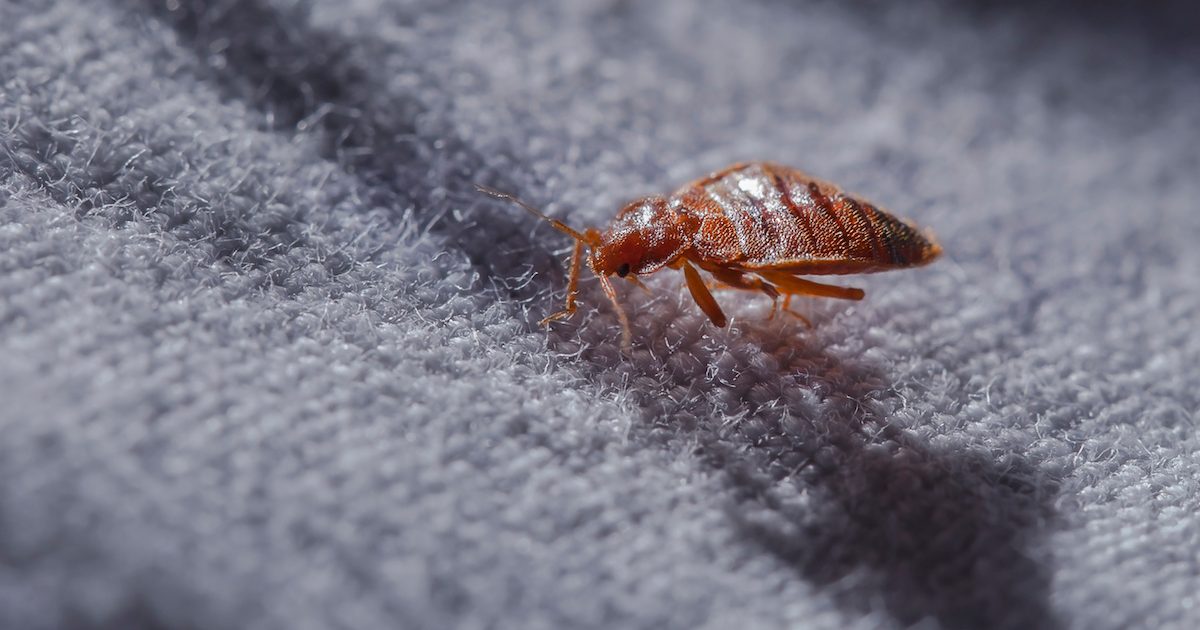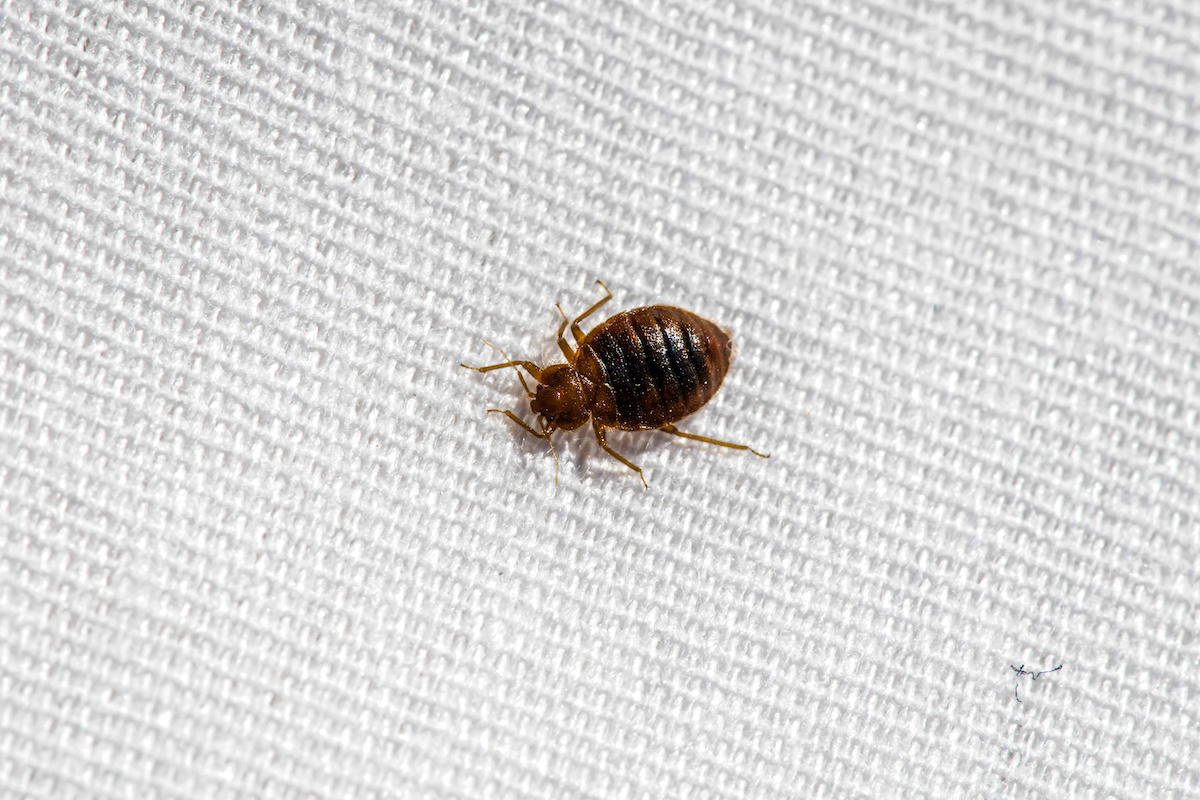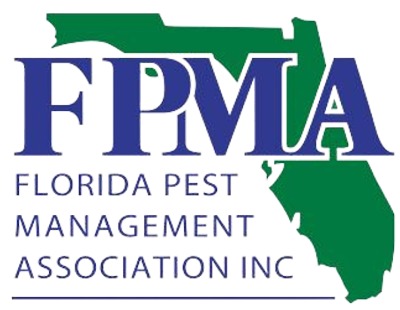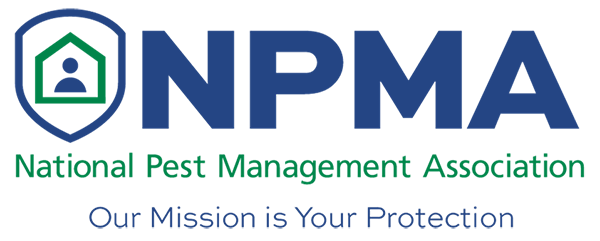
Bed bugs are a pesky problem that many homeowners have dealt with in the past, but they’re making a comeback. With more frequent travel, bed bugs are spreading at hotels again. The worst part is that you are bringing those bed bugs home with you. It’s important to know how to protect yourself from bed bug infestations.
Unfortunately, with their small size, you might not know when you bring them into your own bed. However, there are a few steps you can take to protect your home and family from the infestation of bed bugs. With the right knowledge and preventative measures, you can keep bed bugs out of your home and keep your family safe.
What are Bed Bugs?
Bed bugs are small, reddish-brown, flat insects that feed on the blood of humans and animals. They live in warm environments and feed on human blood while they sleep. They are very small, about the size of an apple seed. This makes it easy for them to hide in mattresses, bedding, furniture, carpets, and other fabrics.
Their name comes from the fact that they like to live and nest in beds. Bed bugs are not dangerous. However, their bite is itchy. Furthermore, people with allergies are more likely to suffer from an allergic reaction.
Bed bugs can also be a problem for businesses and hotels. Unfortunately, visitors can take them home, spreading the infestation to their own homes. Right now, bed bug infestations in hotels are on the rise. The best way to prevent a bed bug infestation is to prevent them from entering your home in the first place. This might involve avoiding hotels, at least for the short term. You can help reduce the spread of bed bugs by avoiding places with infestations.
How do Bed Bugs Spread?
Although bed bugs are mostly found in warm, human environments, they can survive winters outdoors in temperate climates. Bed bugs spread by the transfer of their eggs and by the transfer of adult bed bugs, especially during travel.
Bed bugs can survive in various climates and conditions, making it easy for them to spread to different areas. They can also be spread by people who travel, bring bed bugs to a new location, and then leave the bed bugs to find a new host.
The best way to control the spread of bed bugs is to prevent them from entering your home in the first place.
Signs of Bed Bug Infestations
What are the signs of bed bug infestations? Bed bugs will leave evidence if they’re present in your home, such as:
- The most obvious sign is the presence of small, itchy bites.
- These bites will look like small red dots on your skin.
- They will be itchy and may swell up, especially if you’re allergic to bed bugs
- If you find bed bugs in your home, you can expect to see black stains on your bedding and furniture from the bed bugs’ waste.
- You may also find discarded bed bug skins.
The Health Consequences of Bed Bugs
Bed bugs are small, parasitic insects that feed on the blood of humans and animals. They have become a major health concern in recent years due to their growing prevalence in homes and businesses. While bed bugs do not transmit any known diseases, they can cause a range of physical and mental health consequences.
The most common symptoms of bed bug infestation are skin irritation, itching, and inflammation. Bed bug bites can be very itchy and inflamed, and can cause red, raised bumps on the skin. In some cases, people may experience an allergic reaction to the bites, which can include swelling, hives, or difficulty breathing. In severe cases, bed bug bites can lead to secondary infections or scarring of the skin.
Bed bugs can also cause mental health problems, such as anxiety, depression, or insomnia. This can be due to the stress of dealing with an infestation or the embarrassment of having bed bugs in the home. People may also be worried about the potential health risks associated with bed bugs.
In addition to the physical and mental health risks associated with bed bugs, these pests can also cause significant financial loss. Bed bugs can damage furniture, carpets, and other fabrics, resulting in costly repairs or replacements. In some cases, people may even need to discard large, infested items such as mattresses or furniture.
Bed bugs are a serious health concern, and anyone with a bed bug infestation should take appropriate steps to get rid of them as soon as possible. It’s also important to take preventive measures to avoid bed bugs in the first place.
If you suspect a bed bug infestation, contact a professional exterminator to assess the situation and apply the necessary treatments. Bed bugs can be difficult to eradicate, but with the right approach, it is possible to get rid of them for good.
How to Prevent Bed Bugs from Infesting your Home
The best way to prevent bed bugs is to inspect your luggage and clothes before you travel. Bed bugs are small and can easily hide in your luggage and clothing, so check all items for signs of bed bugs.
When you travel, make sure to keep all your clothes and luggage in a bed bug-proof bag. This will keep bed bugs out of your luggage and clothes, keeping them from getting into your home.
Hotel beds and luggage aren’t the only places where bed bugs are lurking. Bed bugs are also often found in secondhand furniture. Make sure to check any used furniture for signs of bed bugs before bringing it into your home.

How to Get rid of Bed Bugs
If you find bed bugs in your home, you’ll want to get rid of them quickly and efficiently. The best way to get rid of bed bugs is to hire a professional exterminator. A professional will be able to determine if you have bed bugs and will also be able to get rid of them quickly.
In some cases, a professional may also be able to help prevent future bed bug infestations in your home. You can also take care of the problem yourself by using DIY bed bug treatments. These products will kill bed bugs on contact and help rid your home of an infestation.
DIY Bed Bug Treatments: Use with Caution
If you’re dealing with a bed bug infestation in your home, you may be able to treat the problem with a DIY bed bug treatment. A DIY bed bug treatment will help you kill bed bugs in your home and prevent future infestations.
Before you use a DIY bed bug treatment, make sure to follow the directions carefully. Also, make sure to keep children and pets out of the area while you are treating for bed bugs. If a child or pet accidentally comes into contact with the bed bug spray or fog, it can be harmful.
You can use a bed bug spray, fog, or mattress encasement to kill bed bugs in your home and prevent future infestations. You can also choose to hire a professional exterminator to treat your bed bugs. The best way to know for sure if your home has been successfully treated for bed bugs is to have your home inspected. If there are no signs of bed bugs in your home, you can be sure the treatment worked.
How to Protect your Home from Future Infestations
If you have dealt with bed bugs in your home in the past, there are a few steps you can take to protect your home from future infestations.
- Firstly, make sure to check all used furniture for signs of bed bugs before bringing it into your home.
- Be sure to clean and disinfect any furniture that has been infested with bed bugs. You can also vacuum your floors and furniture regularly to keep bed bugs out of your home.
- Keep your home clean and regularly wash your bedding.
- Double check clothing and luggage before returning to your home from a trip.
Get Professional Bed Bug Treatments From Your Local Bed Beg Exterminator
If you’re dealing with a bed bug infestation in your home, it’s a good idea to hire a professional bed bug exterminator. A professional will be able to determine if you have bed bugs and treat your home successfully.
Are you ready to deal with your bed bug infestation for good?






